River Keepers
Are you a River Keeper? River Keepers look after their rivers in lots of different ways, all over the UK. We love our rivers… being on, in or beside them. When something isn’t right River Keepers take action by calling the Environment Agency’s incident hotline and posting online. As part of a growing network of citizen scientists, River Keepers take samples of the water for pollutants to track the river’s health.
To report a pollution incident to the Environment Agency call 0800 555 111.
There are almost 1,500 discrete river systems in the UK. How could you take care of your river or stream? Be creative, take action yourself or join those who are already doing it. Together, as citizens, let’s save our rivers!
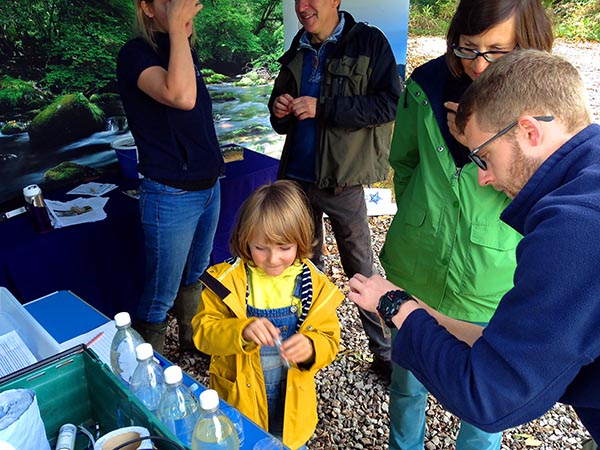
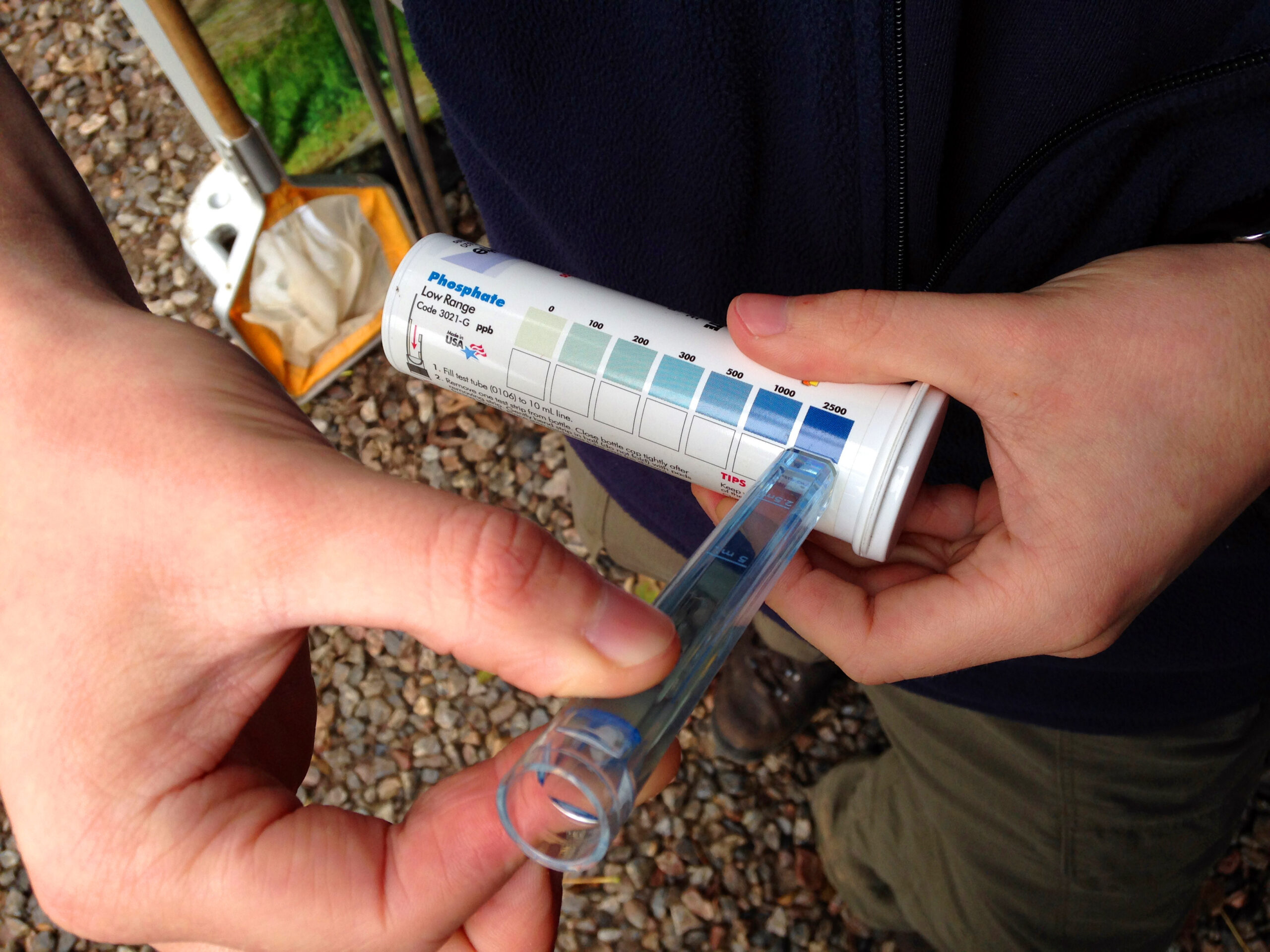
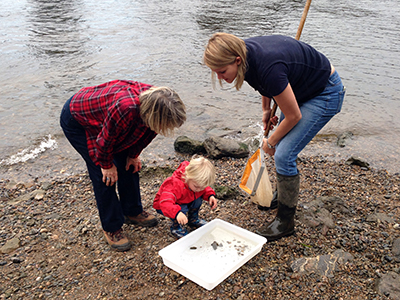
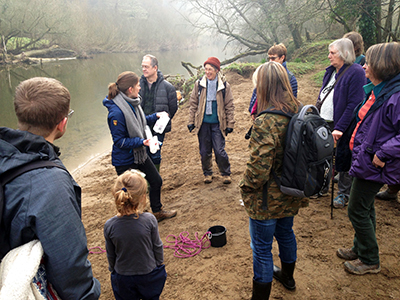
River Keepers is all about citizen-led stewardship of local rivers and streams and changing our relationship to, and our understanding of, the water in our bioregion. It comes in response to turbid, polluted rivers, the rapid loss of native species, topsoil run-off into rivers due to extreme rainfall; at a time when the true impacts on the environment of COVID-19, city exodus and Brexit are only beginning to be grasped. We are kindling collective responsibility for the precious resource of water, where citizens are supported in their actions as part of the global movement for river activism.

The work
Sarah keeps an eye on the shores around Tamerton Lake and the creeks and streams that wind through Budshead Wood in North West Plymouth. With other members of the Friends of Ernesettle & Budshead Wood, who have developed a Management Plan for the wood with Plymouth City Council, Sarah seeks to protect and nurture Ernesettle’s green spaces “for our whole community”, supporting and encouraging participation and collaboration. She sees herself not as a point person, but rather leads by doing–from picking up litter and orchard mulching to informing the online community about events, posting about accomplishments or alerting the council and businesses if waterways are compromised by household or industrial waste.
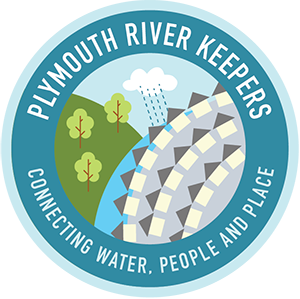

We work in and at the intersection of economy, ecology, learning, arts and culture and the gaps in between.
